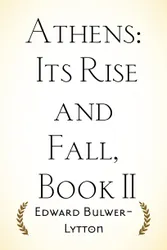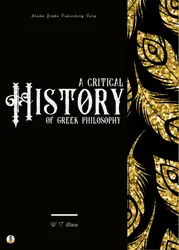It is natural that, at the commencement of any study, one should be expected to say what the subject-matter of that study is. Botany is the knowledge of plants, astronomy of the heavenly bodies, geology of the rocks of the earth's crust. What, then, is the special sphere of philosophy? What is philosophy about? Now it is not as easy to give a concise definition of philosophy, as it is of the other sciences. In the first place, the content of philosophy has differed considerably in different periods of history. In general the tendency has been to narrow down the scope of the subject as knowledge advanced, to exclude from philosophy what was formerly included in it. Thus in the time of Plato, physics and astronomy were included as parts of philosophy, whereas now they constitute separate sciences. This, however, is not an insurmountable difficulty. What chiefly militates against the effort to frame a definition is that the precise content of philosophy is differently viewed by different schools of thought.
A History of Greek Philosophy
Commencez ce livre dès aujourd’hui pour 0 €
- Accédez à tous les livres de l'app pendant la période d'essai
- Sans engagement, annulez à tout moment
Auteur(e) :
Langue :
anglais
Format :

Love in the Time of Cholera by Gabriel García Márquez (Book Analysis) : Detailed Summary, Analysis and Reading Guide

Letters to a Young Poet by Rainer Maria Rilke (Book Analysis) : Detailed Summary, Analysis and Reading Guide

801 Things You Should Know: From Greek Philosophy to Today's Technology, Theories, Events, Discoveries, Trends, and Movements That Matter

The Greek Orators

Athens: Its Rise and Fall, Book II

Problems in Greek History

Letters to a Young Poet : With the Letters to Rilke from the "Young Poet"

Who Owns This Sentence? : A History of Copyrights and Wrongs

Ernest Hemingway on Writing

One Hundred Years of Solitude by Gabriel García Marquez (Book Analysis) : Detailed Summary, Analysis and Reading Guide

Wordslut : A Feminist Guide to Taking Back the English Language

Just Kids


